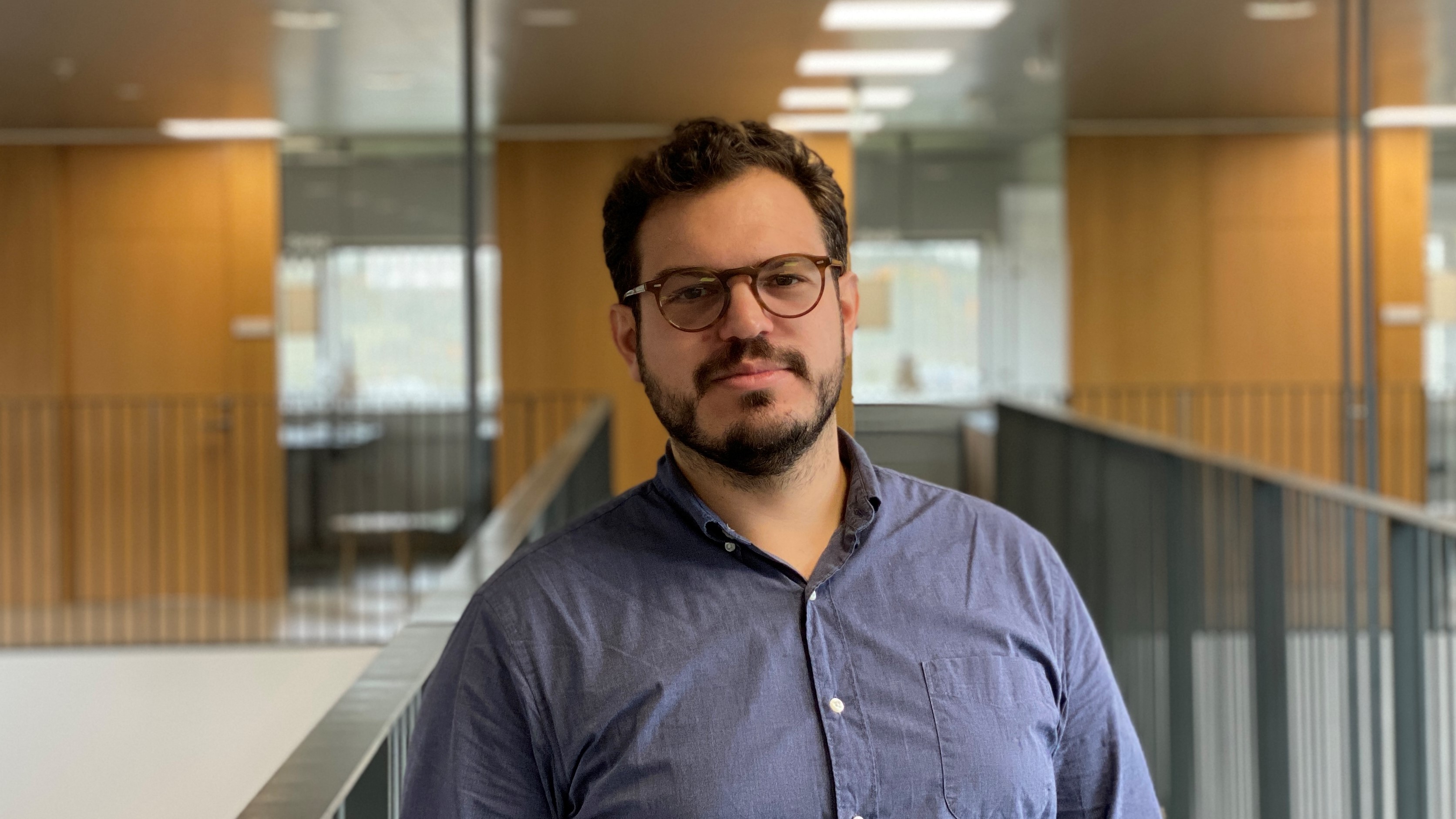
Anthony Fernandez wants to use philosophy to gain new in-sights into patients’ experiences
DIAS Fellow Anthony Fernandez is interested in the philosophical understandings of experience – and he hopes that his work can create new insights for researchers in fields beyond philosophy
Anthony Fernandez, Assistant Professor of Applied Philosophy at SDU, is interested in finding out how phenomenology can be applied in disciplines outside of philosophy such as psychiatry, nursing, and sports science.
Phenomenology is a philosophical approach to studying experiences, Fernandez, who is also a newly named DIAS fellow, explains.
Particularly, Fernandez is interested in the methodological challenges of doing interdisciplinary phenomenological research:
- How can philosophical phenomenology inform or guide research in the social or health sciences? And how can empirical research in these fields inform ongoing philosophical debates? Right now, I’m interested in developing these new methodological approaches with qualitative researchers in psychology and nursing, Anthony Fernandez says.
By doing so, he wants to use philosophy to gain new insights in these academic fields, especially within health and social sciences, but he is also interested to expand the work into other fields.
Having a ‘depressed mood’
- My methodological work will hopefully allow researchers in a variety of fields to gain insight into experiences that are often difficult to describe, including complex illness experiences, Fernandez says.
- In fields like nursing, this kind of research can inform how clinicians understand and, therefore, interact with and care for patients. In fields like psychiatry, this kind of research may inform how we classify and diagnose disorders.
As an example, he mentions how he in previous work has studied experience in the field of psychiatry. Here, he was interested to find out what psychiatrists meant when they said that a patient had a ‘depressed mood’.
- ‘Depressed mood’ is a key concept that psychiatrists use to diagnose affective disorders. But what do they mean by this? Does it refer to a kind of mood, like sadness or boredom? Or does it refer to a change in the way that we have moods? If depressed mood isn’t well defined in the psychiatric literature, then the concept may capture a range of different experiences, which may be representative of different kinds of mental illness. When we use such a broad concept, we end up not distinguishing different experiences, he says.
Almost failing his first philosophy class
Originally from USA, Fernandez didn’t always know he wanted to be a researcher.
- I almost failed my first philosophy class. It was the most difficult class I had ever taken. It really grabbed my interest. It required that I had to learn how to think in all kinds of different ways. You question assumptions about everything from clinical work to daily life in philosophy, he says.
He got his Ph.D. from the University of South Florida in 2016 with a dissertation on phenomenology and psychiatry. Since then, he has held positions at different universities, such as University of Oxford, UK where he studied phenomenology in the field of nursing.
With his advisor at Oxford, he started collaborating with a professor at SDU and that was in the end what led him to relocate to SDU and move to Odense.
A founding member of DIAS Minds
As a newly appointed DIAS Fellow, Fernandez emphasizes how he is very interested in the interdisciplinary aspects of DIAS as an institution:
- Being a DIAS fellow provides an opportunity to interact with researchers from across the university, including members of faculties and departments who I wouldn’t otherwise meet, he says.
With researchers Edward Baggs and Sune Vork Steffensen, Department of Language and Communication, SDU, he has founded the DIAS Minds group, which is an interdisciplinary network for researchers.
- Here we work across a variety of fields, including philosophy, psychology, and the cognitive sciences. Through this group, we’ve established a speaker series and we hope to continue with more interdisciplinary events and collaborations, he says.
When Anthony Fernandez is not writing or teaching, he likes to cook Cuban food, play board games, and read classic SciFi novels.